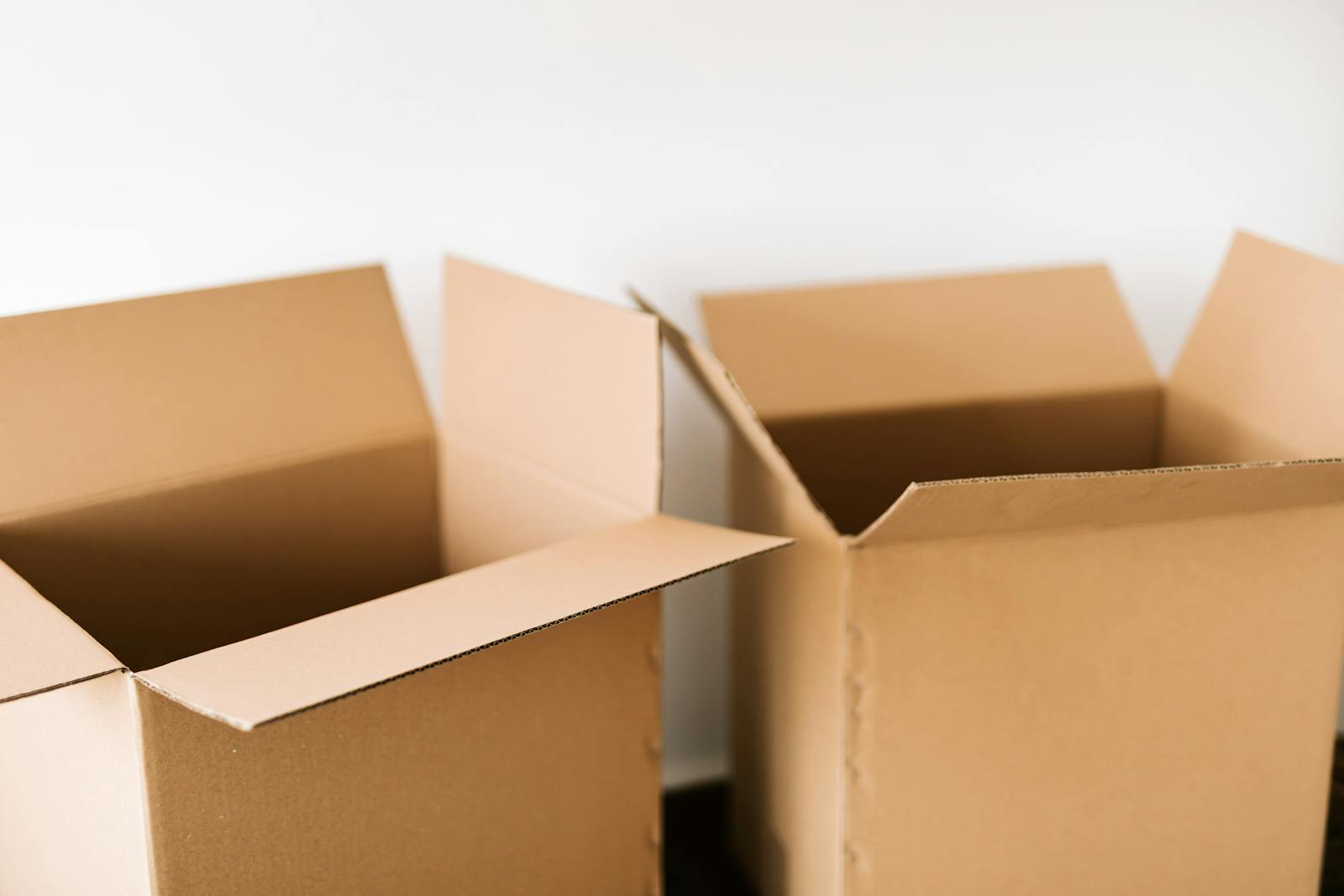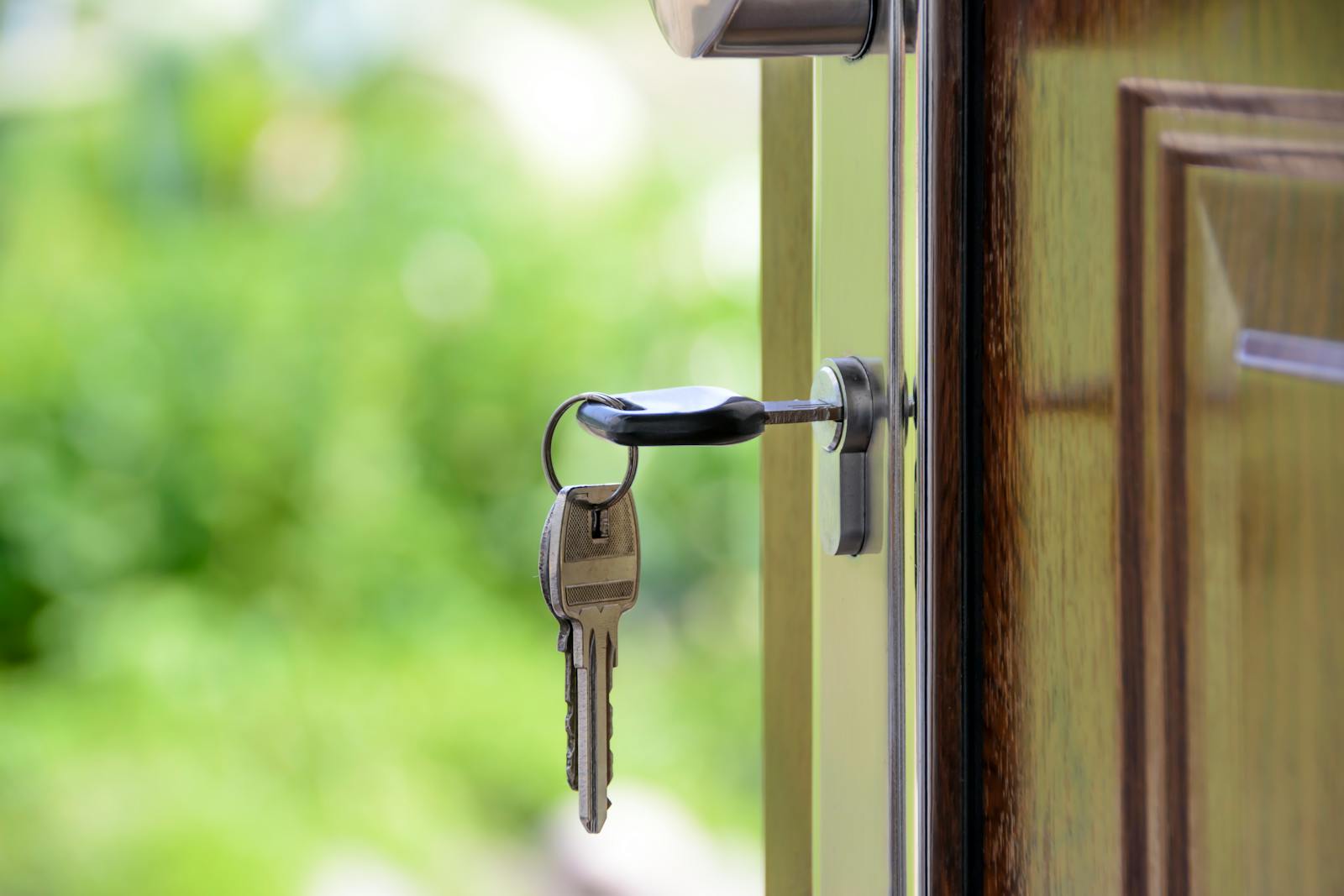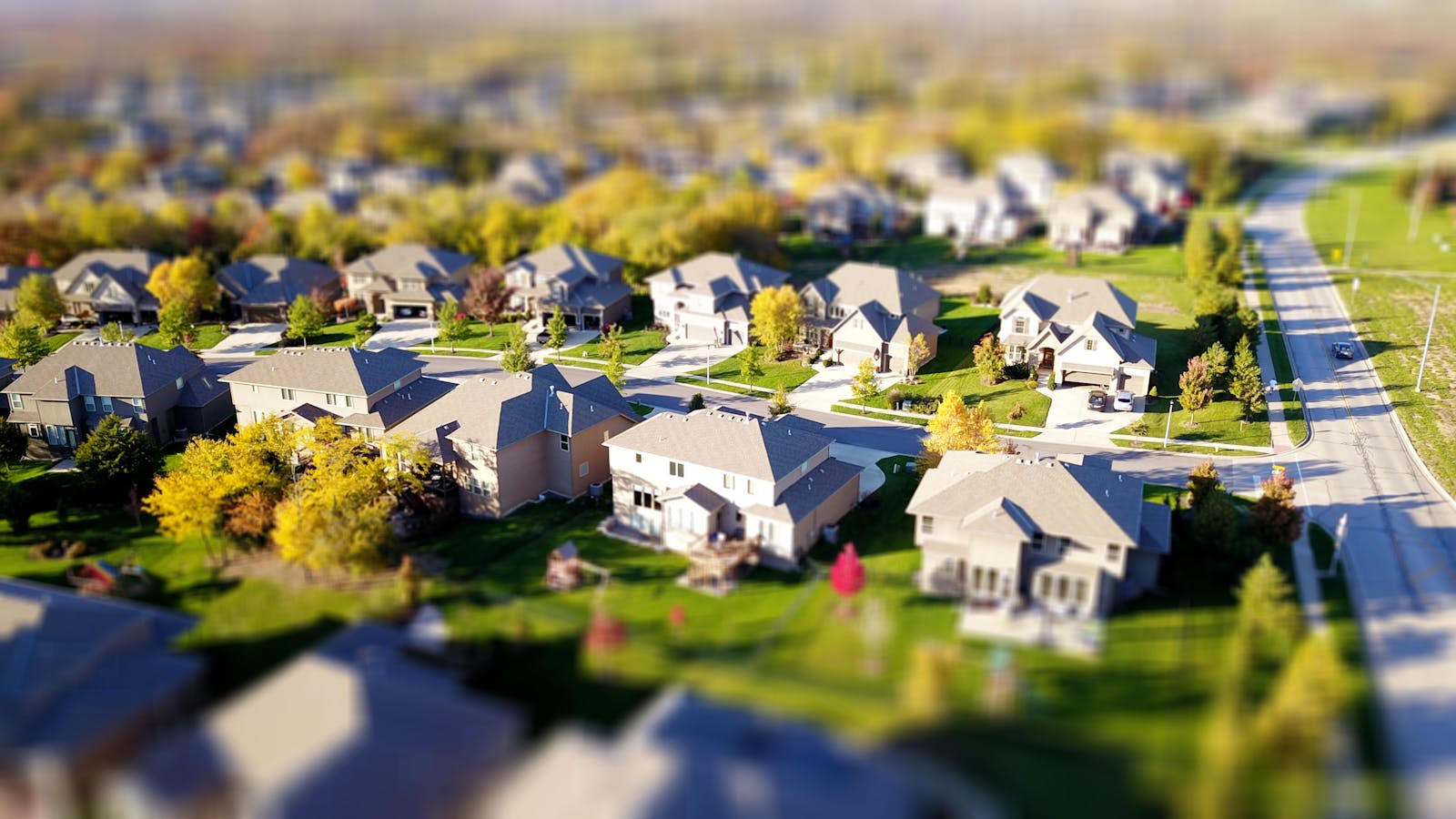Introduction
Deciding whether to rent or own a home is one of the most significant financial decisions many people face. Both options come with their own advantages and disadvantages, depending on your lifestyle, financial situation, and future plans. This blog will break down the pros and cons of renting versus owning a home to help you make an informed decision.

The Pros of Renting
Flexibility and Freedom
Renting offers the freedom to move without the burden of selling a property. It’s ideal for those who might relocate for work or simply prefer a flexible lifestyle.Lower Upfront Costs
Renters usually only need to cover a security deposit and the first month’s rent, whereas buying a home often involves a large down payment, closing costs, and other fees.Less Responsibility for Maintenance
Home repairs, maintenance, and upgrades are typically the landlord’s responsibility, meaning renters can avoid surprise expenses like a broken water heater or roof repairs.No Exposure to Market Risks
Renters don’t have to worry about housing market fluctuations, property values, or the stress of selling during a downturn.
The Cons of Renting
No Equity Building
When you rent, you’re essentially paying your landlord’s mortgage without gaining any ownership. Over time, you don’t build any wealth through your housing payments.Rent Can Increase
Rent is subject to market conditions and can rise unexpectedly during lease renewals, making budgeting harder and reducing financial stability.Limited Control Over the Space
Renters often face restrictions on customization, such as painting, renovations, or even having pets. Additionally, you’re at the mercy of the landlord’s decisions regarding the property.Lack of Stability
Your landlord may decide to sell the property or not renew your lease, forcing you to move out unexpectedly. This can be stressful if you’ve settled into a community or school district.
The Pros of Renting
Flexibility and Freedom
Renting offers the freedom to move without the burden of selling a property. It’s ideal for those who might relocate for work or simply prefer a flexible lifestyle.Lower Upfront Costs
Renters usually only need to cover a security deposit and the first month’s rent, whereas buying a home often involves a large down payment, closing costs, and other fees.Less Responsibility for Maintenance
Home repairs, maintenance, and upgrades are typically the landlord’s responsibility, meaning renters can avoid surprise expenses like a broken water heater or roof repairs.No Exposure to Market Risks
Renters don’t have to worry about housing market fluctuations, property values, or the stress of selling during a downturn.
The Cons of Renting
No Equity Building
When you rent, you’re essentially paying your landlord’s mortgage without gaining any ownership. Over time, you don’t build any wealth through your housing payments.Rent Can Increase
Rent is subject to market conditions and can rise unexpectedly during lease renewals, making budgeting harder and reducing financial stability.Limited Control Over the Space
Renters often face restrictions on customization, such as painting, renovations, or even having pets. Additionally, you’re at the mercy of the landlord’s decisions regarding the property.Lack of Stability
Your landlord may decide to sell the property or not renew your lease, forcing you to move out unexpectedly. This can be stressful if you’ve settled into a community or school district.

The Pros of Owning a Home
Building Equity
With each mortgage payment, you increase your ownership stake in the property, building long-term wealth as your home appreciates in value.Predictable Monthly Payments
A fixed-rate mortgage provides stable payments over time, offering greater control over your housing budget compared to potential rent increases.Freedom to Customize
Homeowners can renovate, paint, and personalize their space as they see fit, improving the home’s value and making it truly their own.Tax Benefits
Many homeowners are eligible for tax deductions on mortgage interest, property taxes, and, in some cases, capital gains when they sell their home.Long-Term Stability
Owning your home means you’re in control of how long you live there, giving you stability, especially in terms of family and community involvement.
The Cons of Owning a Home
Higher Upfront Costs
Purchasing a home involves significant upfront expenses, including a down payment, closing costs, and inspection fees, which can be a barrier for first-time buyers.Ongoing Maintenance and Repairs
Homeownership comes with full responsibility for maintenance, repairs, and upgrades, which can become expensive and time-consuming.Exposure to Market Risks
The housing market can fluctuate, meaning there’s always the risk that your property’s value might decrease, leaving you with less equity than expected.Less Flexibility
Selling a home can take time and isn’t always an option if you need to move quickly. This makes owning less ideal for those whose job or lifestyle requires frequent relocation.
Conclusion: Which Option is Right for You?
Both renting and owning have their advantages and disadvantages. If you’re looking for flexibility, lower upfront costs, and less responsibility for maintenance, renting might be the better choice. However, if you want to build long-term wealth, enjoy the freedom to customize your space, and achieve stability, homeownership may be worth considering.
Ultimately, the decision depends on your personal goals, financial situation, and where you see yourself in the coming years. Whether you choose to rent or own, it’s important to weigh the pros and cons carefully to make the best choice for your lifestyle.


